On the final day of the World Circular Economy Forum 2024 we caught up with three circular economy specialists: Hatty Cooper, director of Circle Economy Foundation, strategy & impact; Kari Herlevi, project director, circular economy at Sitra; and Janez Potočnik, co-chair of the International Resource Panel (IRP). The three organisations were the masterminds behind this year’s programme. We asked them what we accomplished at this year’s forum and why we should be excited about WCEF2025 in Brazil.
Why was the World Circular Economy Forum 2024 important?
Herlevi: The forum brings together all the key decision makers and points the way forward. For the future, it is also important to get out of our bubbles and expand the forum much more than we have so far.
Cooper: The circular economy transcends borders, businesses and belief systems. It enables conversations and global collaboration.
Potočnik: This is a great celebration of the ten-year anniversary of when I put the circular economy on the political agenda in the European Union. We have had to limit participation to WCEF because it is so popular. We are becoming victims of our own success, but that is great!
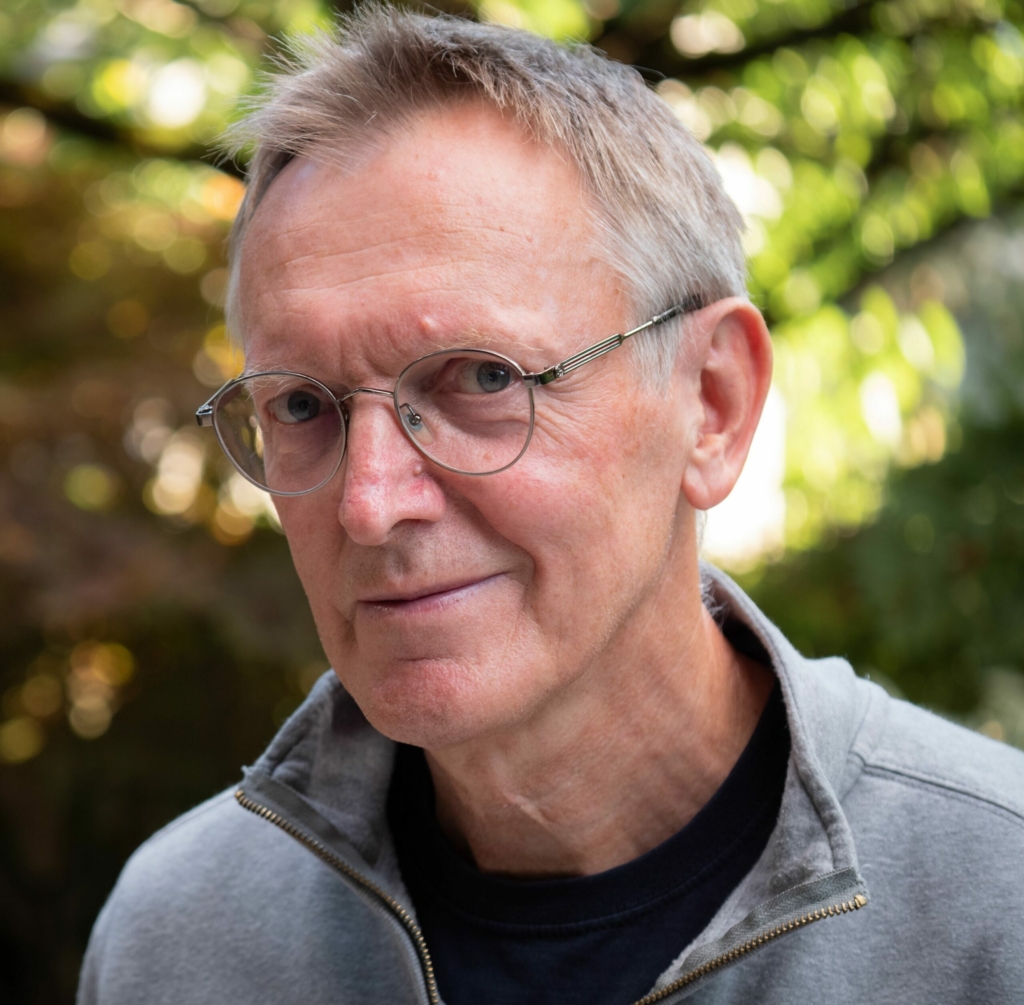
We put provisioning systems into the programme, which I think is important because it looks at human needs. By doing this we are setting the correct order: economy is there to serve humans and not the opposite.
You might be interested in these
This year, the forum’s programme was guided by scientific evidence, as we already know what we need to do but we need to get from visions to actions. What are your thoughts about this year’s programme?
Potočnik: We put provisioning systems into the programme, which I think is important because it looks at human needs. By doing this we are setting the correct order: economy is there to serve humans and not the opposite.Through provisioning systems, we can look at different options for solutions, and that is exactly the forum’s purpose.
Cooper: This programme was very good at stressing tangible actions we should take. Also, I think we’ve talked critically and loudly about how we finance the transition to the circular economy.
Herlevi: One of the key things for us was that the programme was science-based. All of the discussions were based on real research.
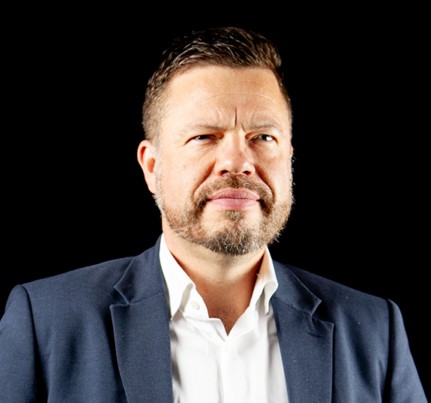
The circular economy can shrink greenhouse gas emissions and stop biodiversity loss. It is important to involve the circular economy more deeply into climate and biodiversity discussions.
What would you like to see in the next edition of the WCEF?
Herlevi: The circular economy can shrink greenhouse gas emissions and stop biodiversity loss. It is important to involve the circular economy more deeply into climate and biodiversity discussions.
Potočnik: I’d like to see much more ownership from the Global South, which is why we are going there next. We must be aware that some concepts are not so well accepted and understood as they are here in Brussels, where this year’s forum was held. This is a great opportunity for this to be corrected.
Cooper: I think it would be great if we are transparent about the successes, but also the challenges and failures of circularity. I would like to add to Janez’ comment about new areas of circularity. For instance, at this year’s forum we talked about peace-building but we only scratched the surface. Given our current landscape, I think it is essential to put this front and centre going into the next forum.
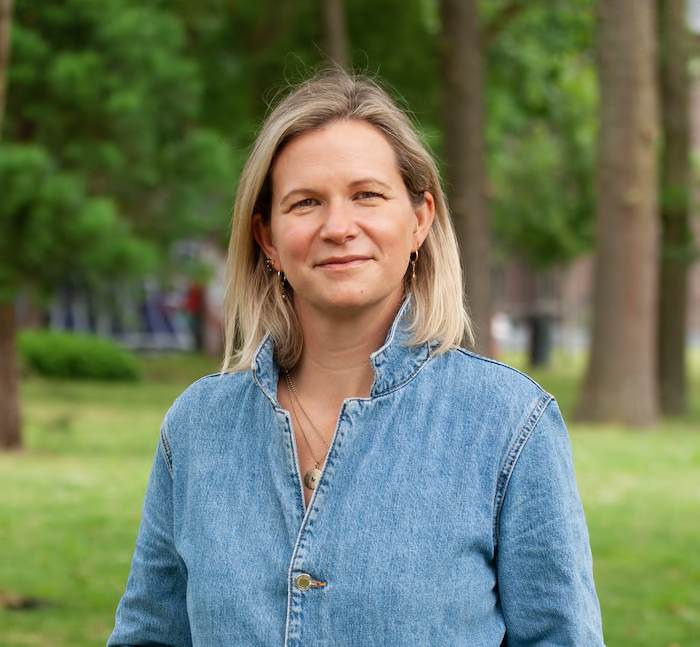
But we must not become an echo chamber. We need to go beyond the boundaries of our current environment. My message to the circular economy community is to find three or four people who don’t believe in circularity or don’t understand it and explain it for them.
Last question! What’s your message to the circular economy community?
Cooper: As Janez said, this forum has been a huge success. We’ve had 8,000 people participate online and the venue has been packed by people attending in person. But we must not become an echo chamber. We need to go beyond the boundaries of our current environment. My message to the circular economy community is to find three or four people who don’t believe in circularity or don’t understand it and explain it for them. Show them the opportunities of circularity.
Herlevi: It is important to take circular actions in your professional life, but it is also important to act individually in your everyday life. Take ownership of your actions in your personal life.
Potočnik: When you reach my age you realise the only thing that matters is to be on the right side of history. Circular movers are on the right side of history.
Next year’s World Circular Economy Forum will be held in São Paulo, Brazil. Stay tuned for more information about the topics to be addressed at WCEF2025.
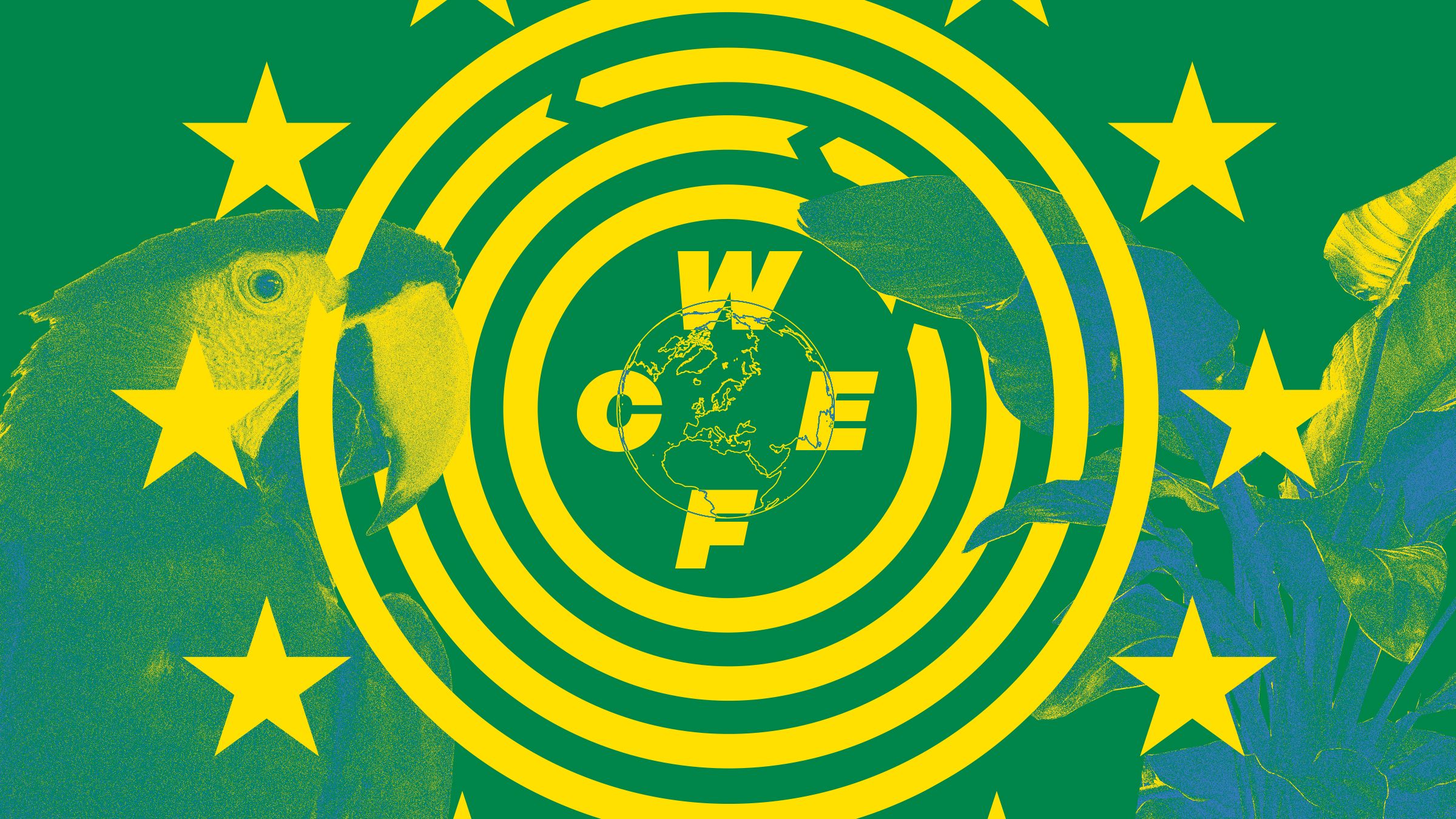


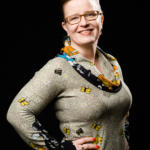

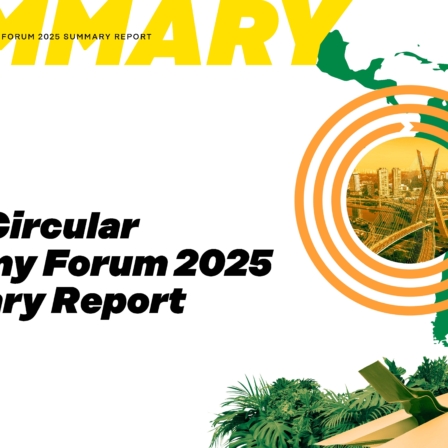
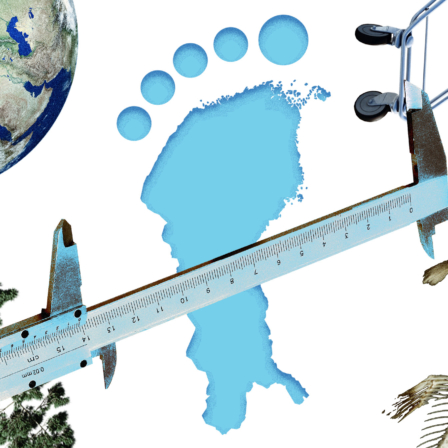


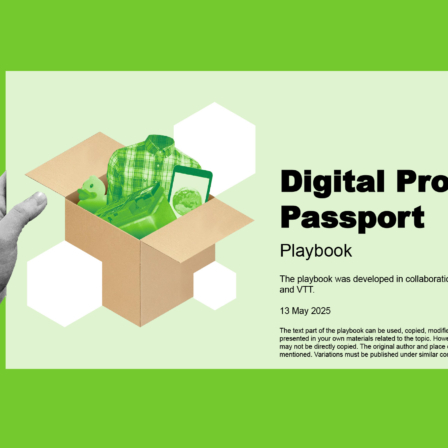
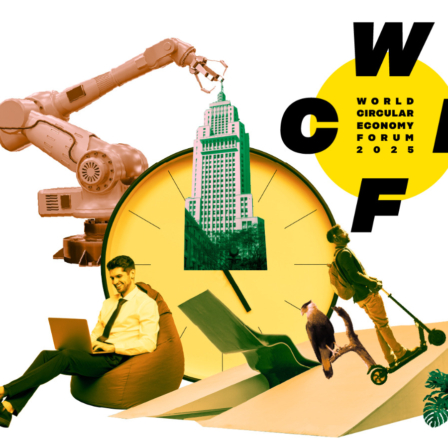
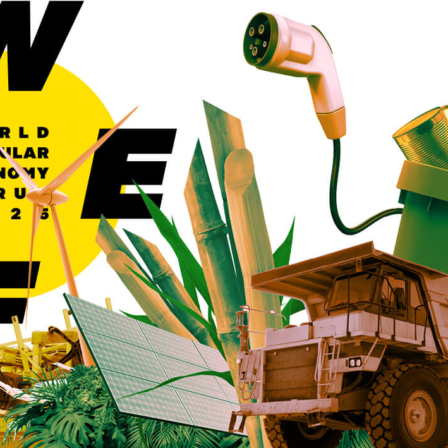






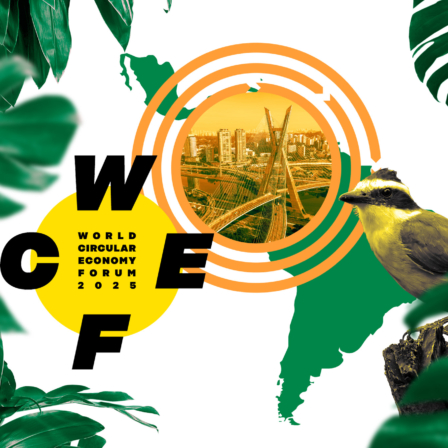

Recommended
Have some more.